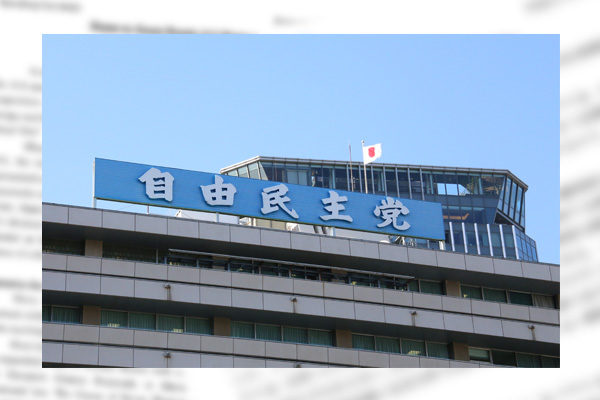The late former Prime Minister Shinzo Abe aimed for policy-oriented politics.
In the first place, factions emerged within the ruling Liberal Democratic Party to respond, in a sense, to the multi-seat constituency system. Since more than one LDP candidates fought with each other in a multi-seat constituency under the House of Representative election system, they had to come up with policies unique to their respective factions in order to make their differences clear. Even within the LDP, therefore, factions adopted different policies to rival each other, making it difficult for the LDP to offer unified policies. Foreign and national security policy differences were particularly acute.
In 1994 when the single-member constituency system was introduced, however, LDP candidates were no longer required to fight with each other. Since then, factions have become less interested in policy research, giving priority to securing election victories and coordinating the distribution of key posts. In opposition to this faction-led politics that neglects policies, Abe aspired to cross-factional politics giving priority to policies.
Abe started with a cross-factional study group
In 1997, following the emergence of wartime comfort women issue, Abe joined his fellow House of Representatives lawmakers such as Shoichi Nakagawa and Seiichi Eto to found an “Association of Young Parliamentarians to Consider Japan’s Future and History Education,” launching a cross-factional study group on modern history.
In 2007, after the resignation of the first Abe government, Abe and his colleagues gathered conservative lawmakers across factional boundaries to establish a “True Conservative Policy Research Group” to counter the LDP’s leftward tilt. In response to the inauguration of a Democratic Party of Japan government in September 2009, the group renamed itself as “Sosei Nippon” (Creating Japan) in February 2010 to study and formulate new policies, such as a national security strategy to counter China and Abenomics to overcome deflation, in collaboration with private think tanks.
Then, in September 2012, Abe ran again for the LDP presidency with support from the cross-factional Sosei Nippon, rather than the Seiwa Policy Research Group, the faction to which Abe belonged.
As it had been customary for the head of a faction to become a candidate in an LDP presidential election, then Seiwa group head Nobutaka Machimura ran in the election. According to the logic of factional politics, Abe would have been unable to run in the LDP presidential race.
Collaborate with private think tanks
Consequently, Abe won the LDP presidential election by attracting support across factions and inaugurated his second administration following the LDP’s win of a general election in December 2012. While paying some attention to LDP factions, Abe set out policy-oriented politics, launching new initiatives such as Abenomics economic policy, a new National Security Strategy, peace and security legislation, the Act on the Protection of Specified Secrets, and the Free and Open Indo-Pacific.
Now that the negative effects of the LDP’s factional politics have been exposed by the current scandal over the falsification of political funds reports, I would hope politicians to inherit the aspirations of former Prime Minister Abe, who pursued cross-factional, policy-oriented politics in cooperation with private think tanks, and to aim for a politics that sets out a series of bold visions and policies for what to do with Japan.
Michio Ezaki is a member of the Planning Committee at the Japan Institute for National Fundamentals and a guest professor at Reitaku University.


